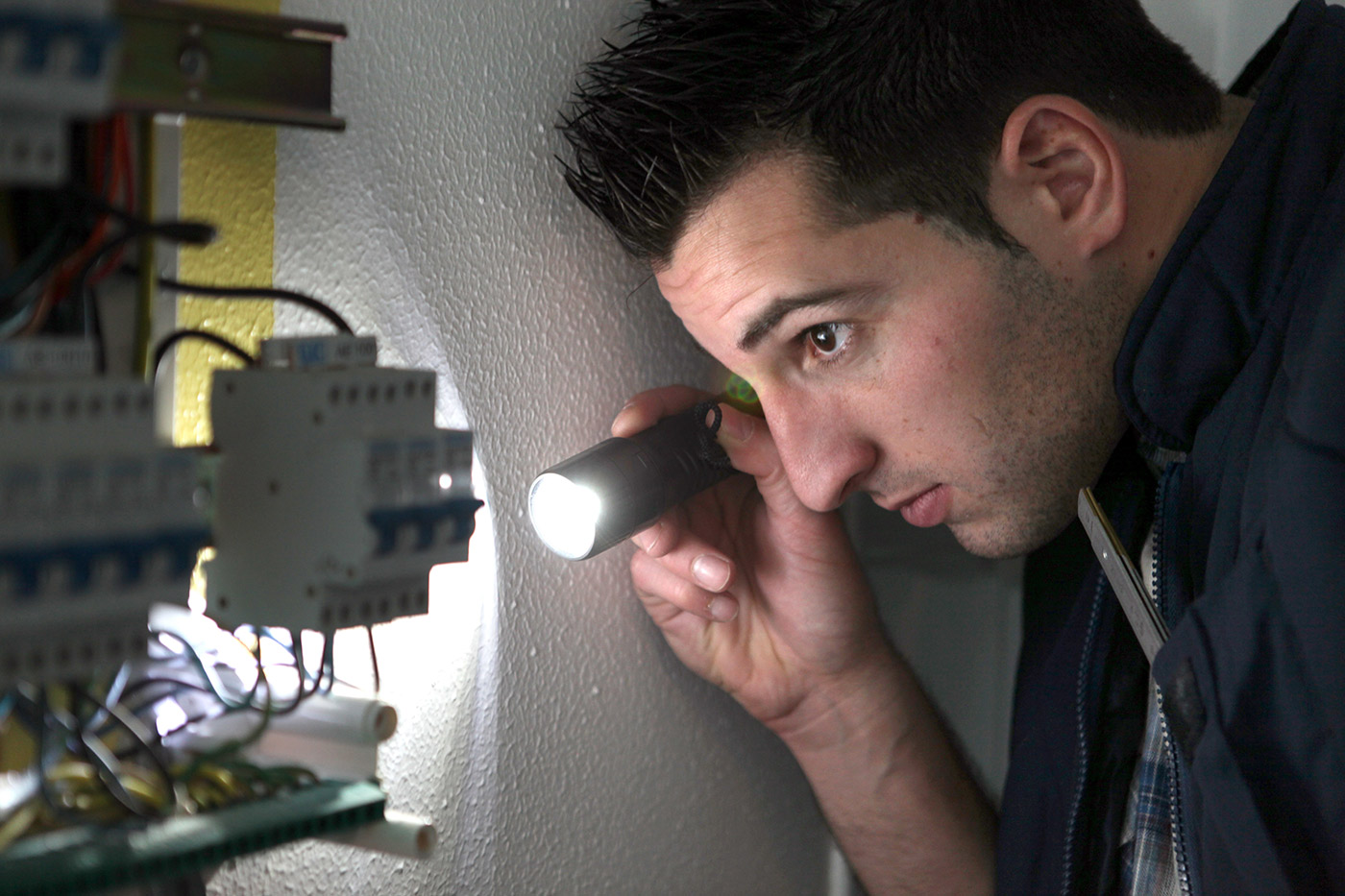
Electricity is a necessity for modern living, and people who build residential and commercial properties, work with power lines and electrical grids, as well as those who work near high-powered machines are at risk for electrocution. Electrical shock causes 300 deaths and 4,000 injuries a year.
With the right awareness and precautions, employers could prevent many of these injuries and deaths. Safety protocols and communication among workers are key to decreasing these numbers. Likewise, companies whose employees work in close proximity to each other often struggle to communicate, and may create life-threatening situations for the other company’s employees as a result.
Dangerous at Any Voltage
It is a common misunderstanding that high-voltage is the sole factor in an electrical injury. However, the voltage is not as important as the current of electricity that transmits through the human body during electrocution.
Electrical current, which is measured in amperes, is what’s directly linked to how the human body reacts to electricity. Currents between 20 and 75 milliamps can cause severe injury to a human. At those levels, the current can cause muscles to contract in a way that would force the person to hold onto the source of the electricity for even longer. At 100 milliamps, the heart begins to fibrillate, resulting in death in many circumstances.
Injuries associated with electrical shock include:
- Nerve damage including headaches, seizures, numbness, vision and hearing impairment, changes in alertness, muscle spasms, and trouble swallowing
- Trouble breathing
- Heart damage leading to heart attacks and an irregular heartbeat
- Skin burns
- Broken bones
The reality is that nearly every home appliance and the wiring in most homes, have the potential to cause life-altering and even lethal injuries. So if you are injured by an electrical shock, or if you have a loved one who died, what options do you have?
Help is Available
Personal injury lawyers fill two major roles after a death or injury in these circumstances: 1) they provide in-depth knowledge of the law to advise you of your rights and help you recover compensation for your damages. Your attorney should be willing to go to court to fight for your rights. 2) A personal injury lawyer is responsible for discovering the facts of your case while handling most of the burden of holding negligent parties accountable.
Experienced injury lawyers know that after your injury, or loss of a loved one, you should focus on your recovery and peace of mind. An experienced electrical injury lawyer can assess whether you have a claim under workers compensation, personal injury or product liability law. In addition, your lawyer will be able to assess whether a settlement offer from the defendant is reasonable or whether you need to pursue the case to trial to receive full compensation for your losses.















